January 2, 2019
Contrary to the steadfast beliefs of AWP, MFA poetry programs have not necessarily been the best thing for the health of American poetry in the past three decades. (Let us remember once again how FEW such academic programs existed in 1980 in the United States. In point of fact, it was the “small press” movement that truly invigorated American poetry in the 1970s.) Nevertheless, MFA programs in the past four decades have enabled many young poets to gain some basic training in versification.
The program at the university where I teach, primarily in the Literature section, has begun to produce graduates who flourish after receiving their MFA degrees. Jax NTP has had several poems published in Caliban magazine, for instance, which I regard as one of the best magazines around. Eric Morago has taken over the editorship of Moontide Press, and edited and published a significant anthology of genre-oriented poetry entitled Dark Ink. The Whittier Art Museum hosted its publication reading, and there will be a follow-up event at Beyond Baroque on Feb. 9th. His next major project will be a volume of poems by Alex Umlas, who is one of the best of the new poets working within traditional forms.
In the brief time that 2019 has been the operative year, I have received additional notices that I want to pass on to you as links. A.J. Urquidi and Marcus Clayton, both recent graduates of CSULB’s MFA program, have edited and published the fifth issue of their magazine, Indicia. Their actual titles are “executive editors,” which is probably a smart move on their parts in terms of keeping the magazine going. Anyone who tries this kind of venture single-handed these days had better need very little sleep. To assist them, Urquidi and Clayton have appointed two CSULB alumni, Jax NTP and Toren Wallace as poetry editors. The collaboration of these editors with the fiction editor, Marissa Branson, has been unusually acute.
The issue opens with “Rising” by Laura Rivera Rodriguez, which deserves to be quoted in its entirety, but since I am a lazy blogger, I would rather reiterate that it is the perfect poem to lead the issue off than retype lines that would probably end up with too many typos. The quality is maintained as one works one’s way into the issue. Each poem could make a strong case for its desirability by editors of other magazines. I certainly would have seriously considered the following poems for publication in Momentum back in the days when I edited a poetry magazine: Rachel Sandle’s “What to Do If”; and Laura Dolphin’s scathing redaction of the National Football League’s “Concussion Protocol. In addition, Allegra Armstrong’s willingness to risk sentimentality caught me off guard, and made her “List of Things I know How to Cook” a tender, brief account of fate’s whimsicality. Vincent Hao’s four-page poem, “Variation on the Paradoxical Vase, Faces Turned Apart” is like a large, glowing painting of a mother-son relationship. Short (very short!) poems by Rose Knapp and Darren C. Demure prove to be concurrently effusive in their ability to act as performative acts, the very focus called for in the issue’s epigraph by John L. Austin. It’s not just the poetry, however, that sustains one’s attention in this issue.
The art work by xiang is impressively committed to finding the nanosecond that can’t be disturbed without shifting the tonal range of its interior’s outburst. The other visual artist is equally deft. Bill Wolak’s pair of pieces, including “As Silk Glides Quivering through the Wind,” will make you wish you had enlarged versions framed on your bedroom wall.
In the interests of full disclosure, two of the professors in the MFA program at CSULB, Patty Seyburn and myself, have poems in this issue, but I would be impressed by the work the editors selected regardless of that inclusion. You can judge for yourself by taking a look at the issue in its entirety:
https://e.issuu.com/anonymous-embed.html?u=indicialit&d=indicia_issue_3_1
Finally, I have received a link from another of CSULB’s MFA graduates, David Garyan, who has both an essay and a 20 page poem in an issue of the American Journal of Poetry.
https://theamericanjournalofpoetry.com/v6-garyan_essay.html
https://theamericanjournalofpoetry.com/v6-garyan.html
I hope the current students, who are studying in 2018-2019 with Patty Seyburn and Charles Harper Webb, are inspired by these accomplishments and that they plan on emulating their elders in the early years of the coming decade.
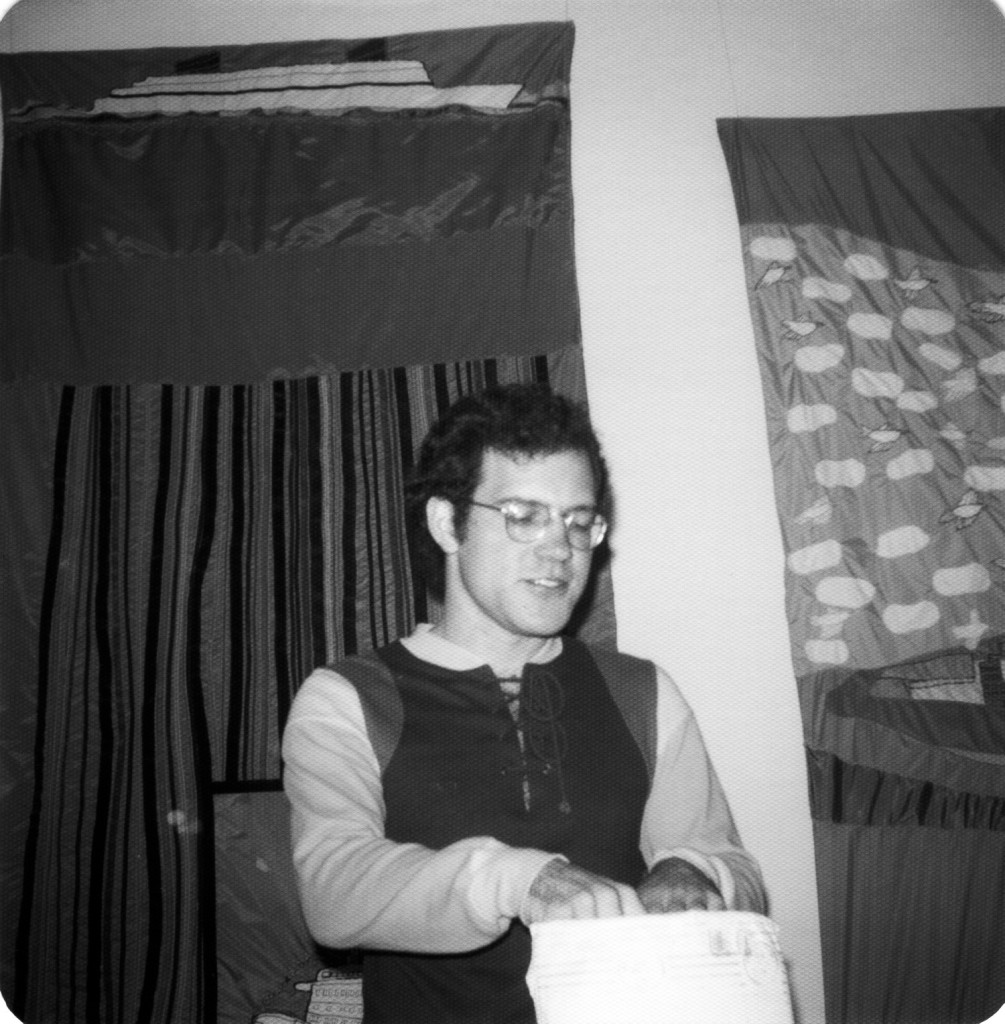
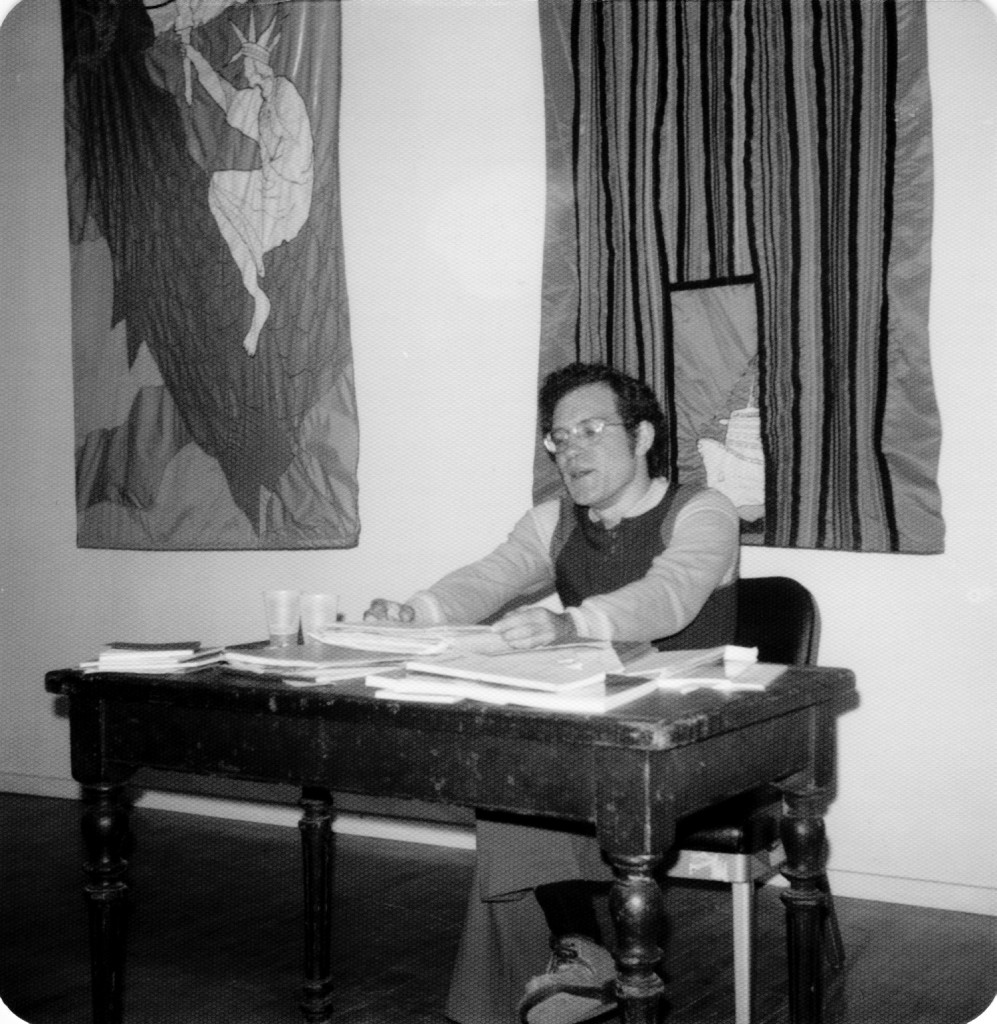
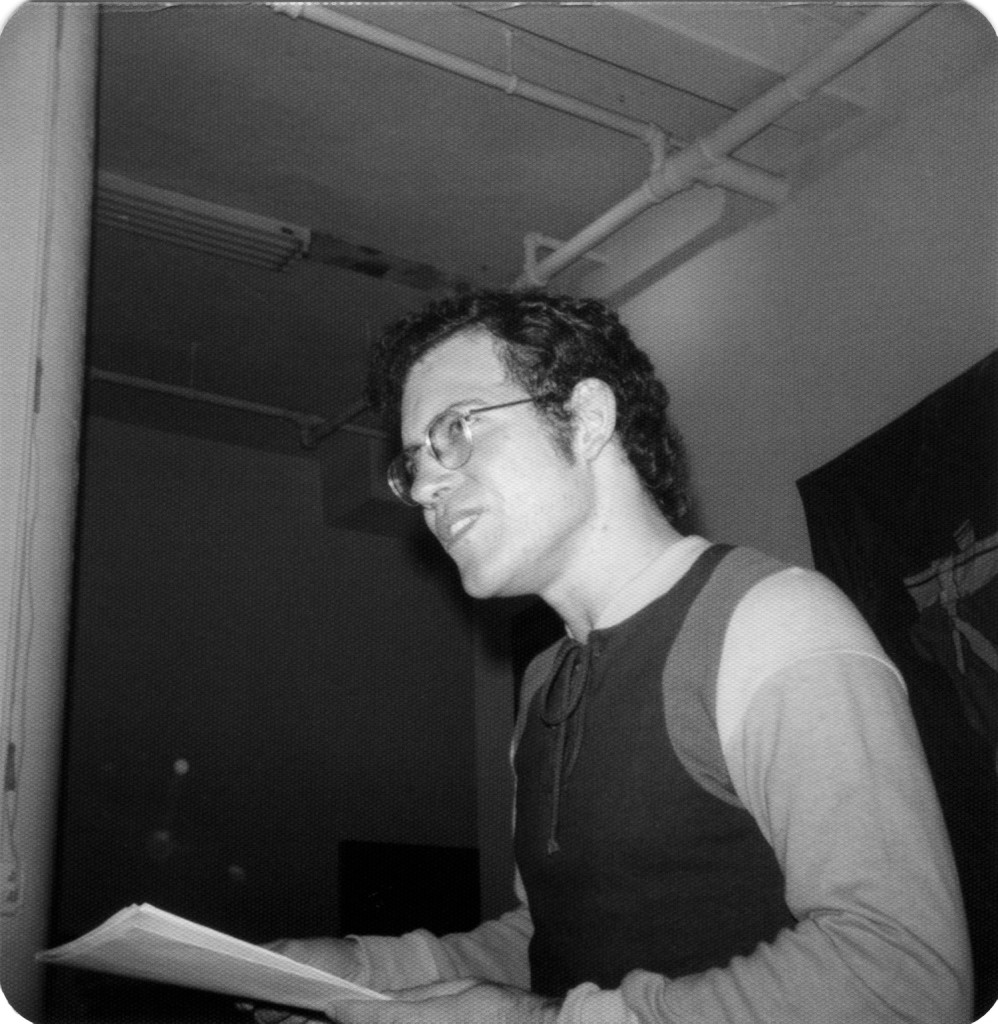
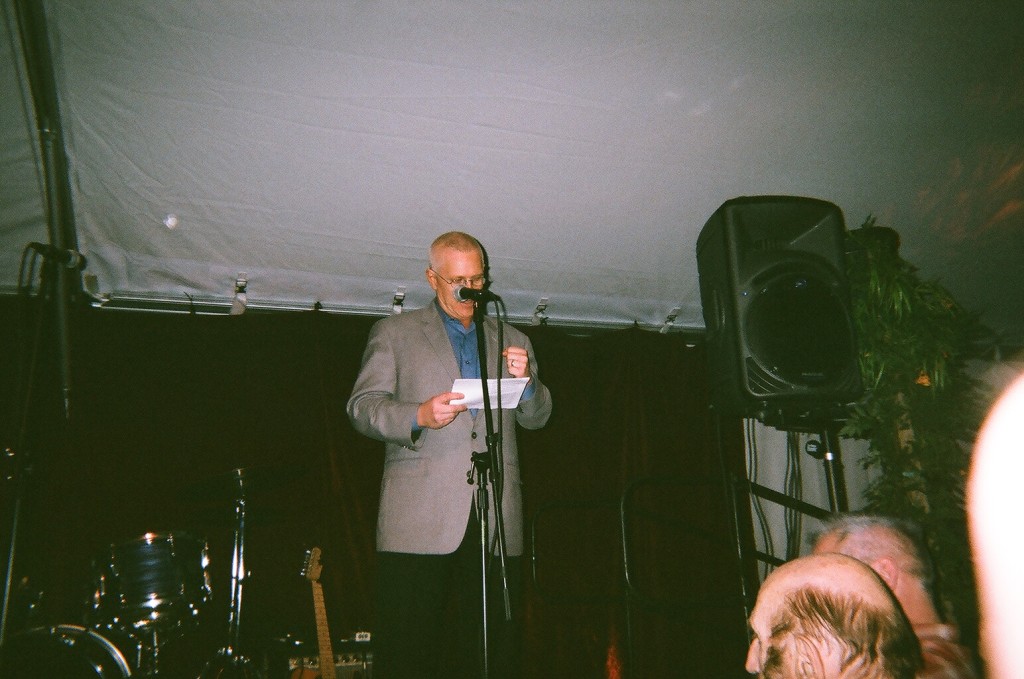
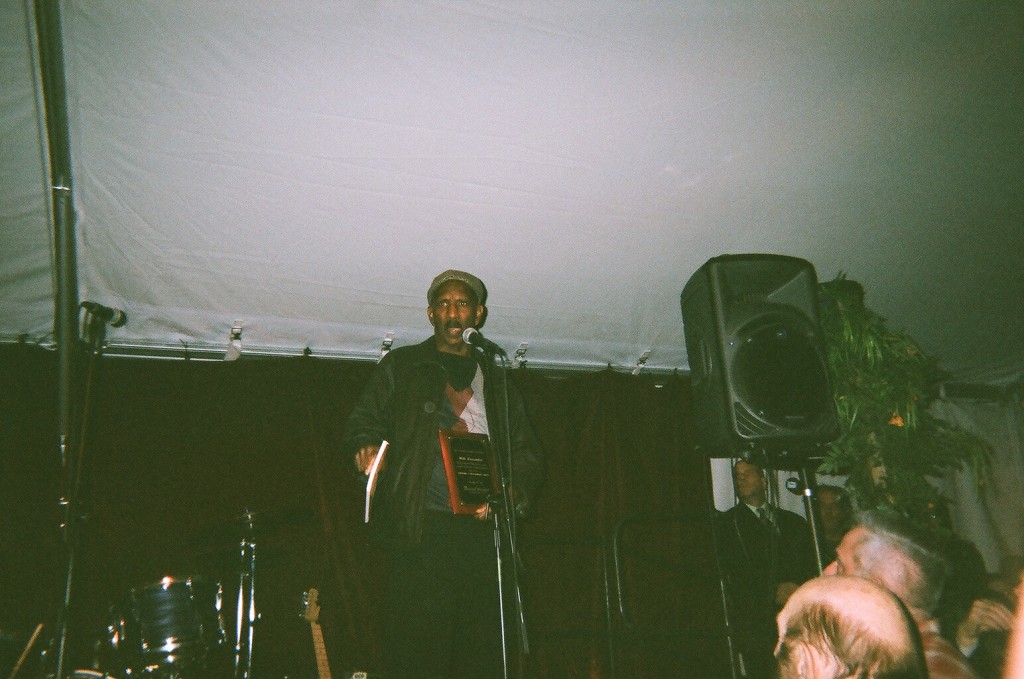
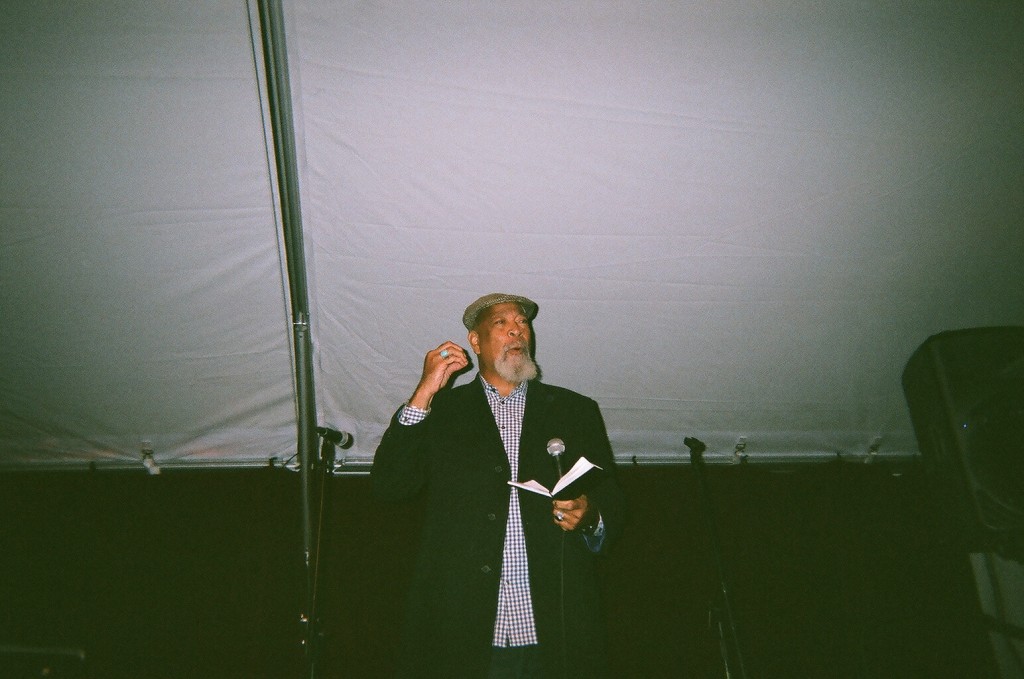
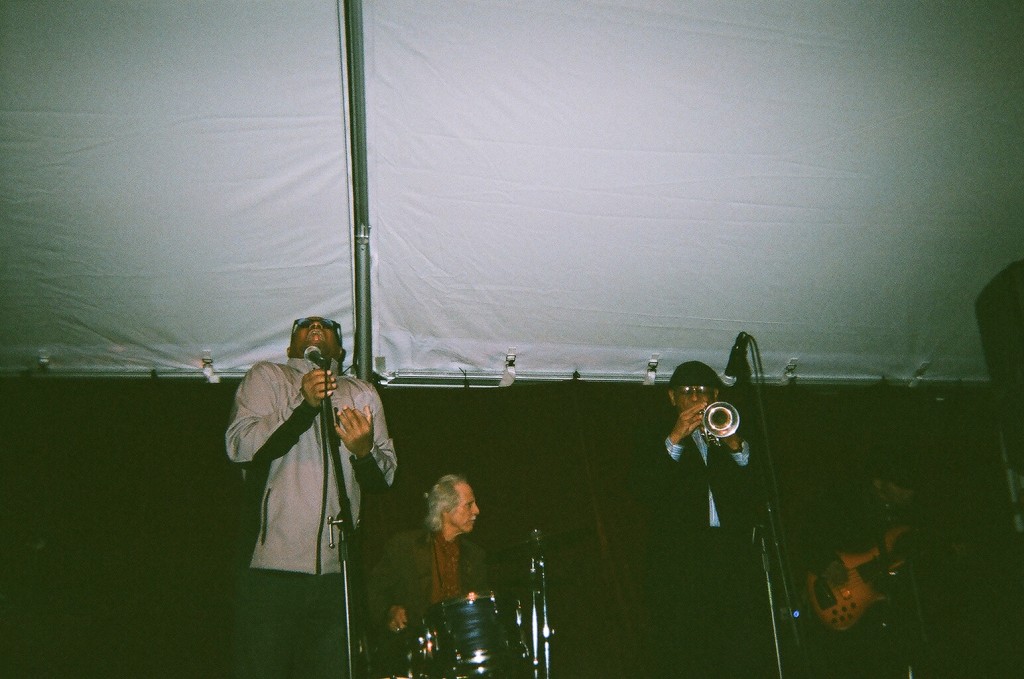
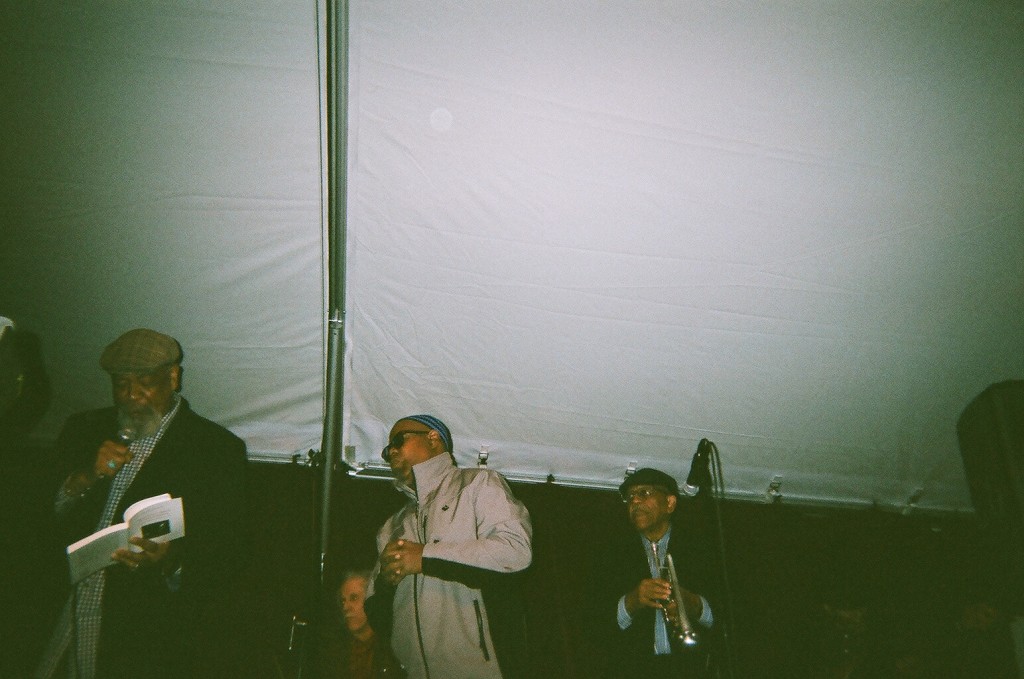
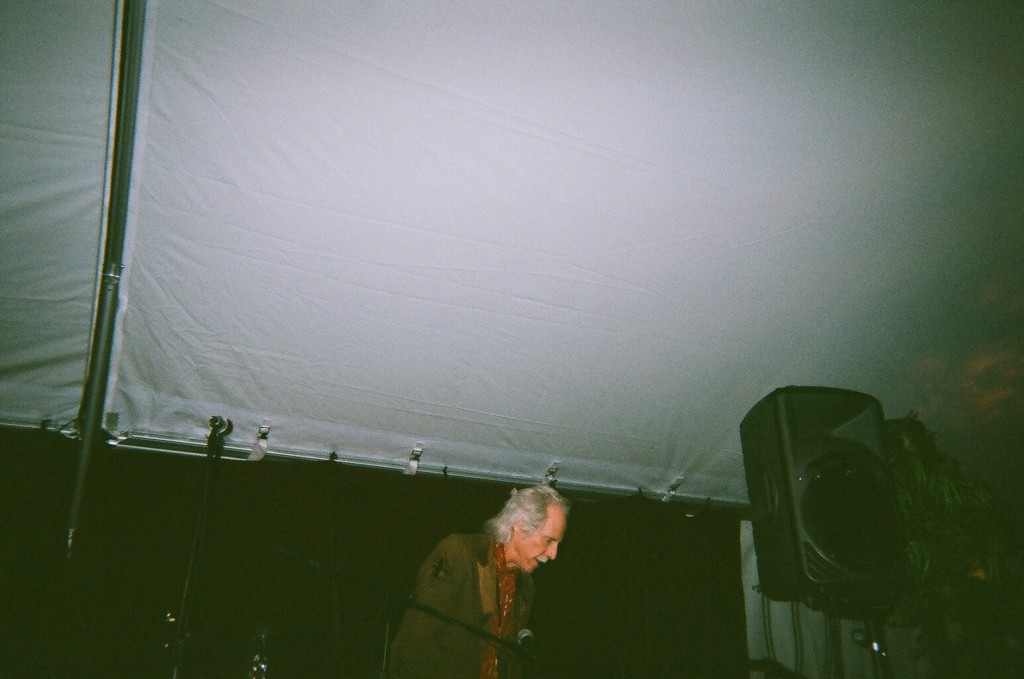
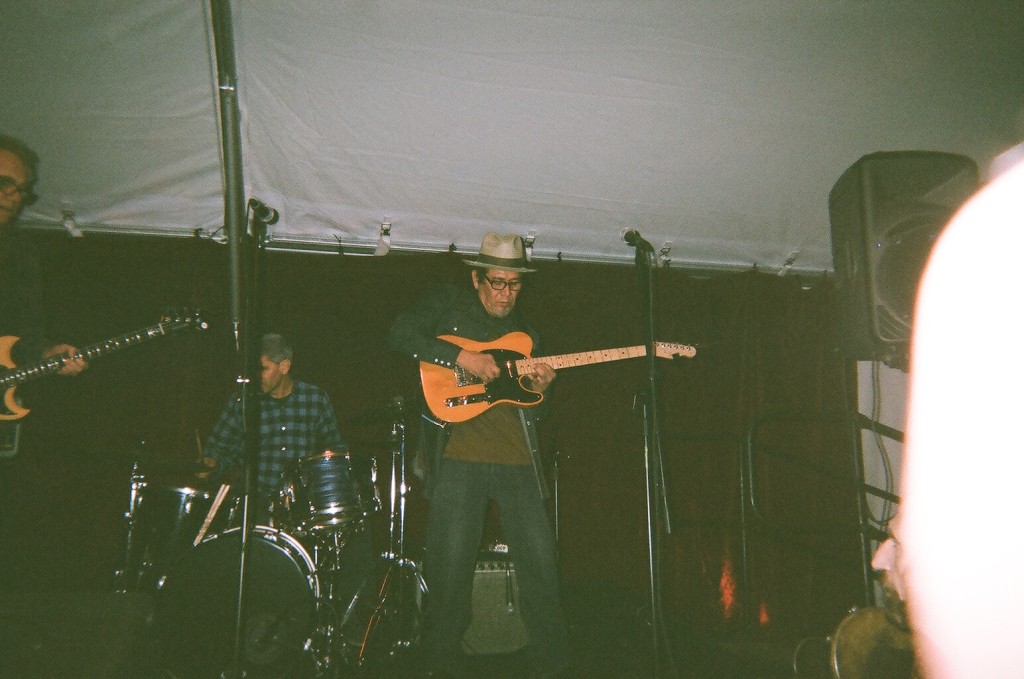
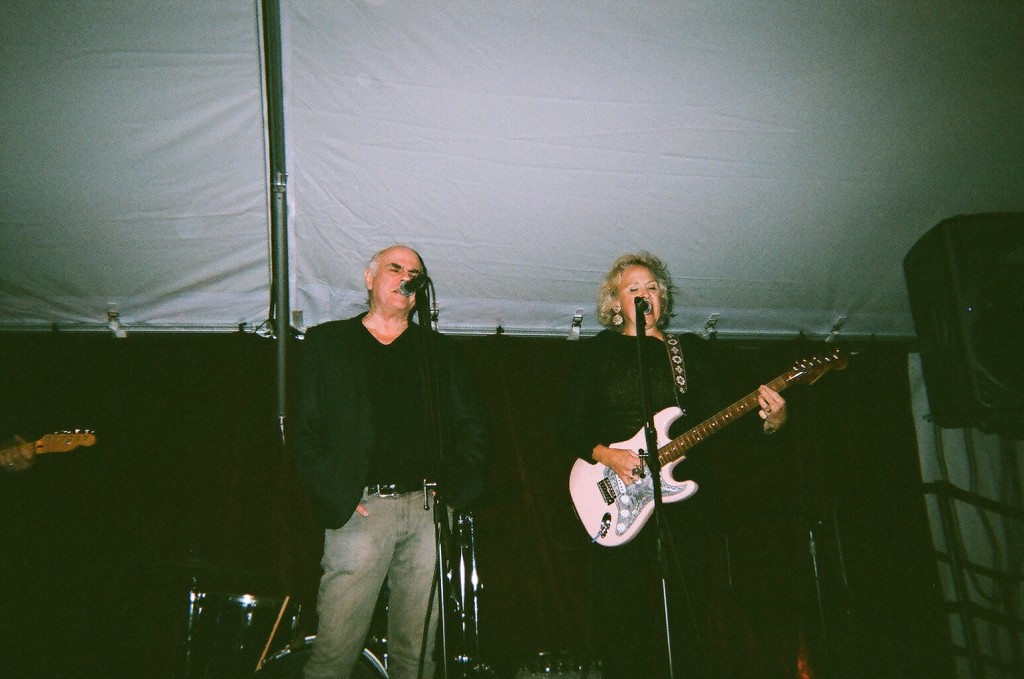
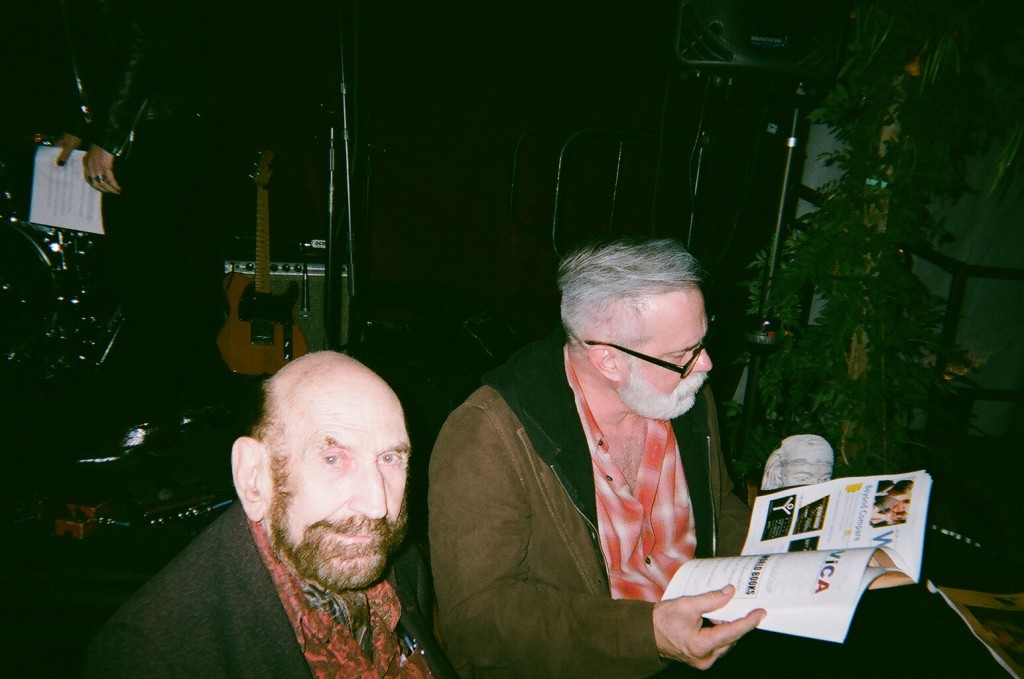
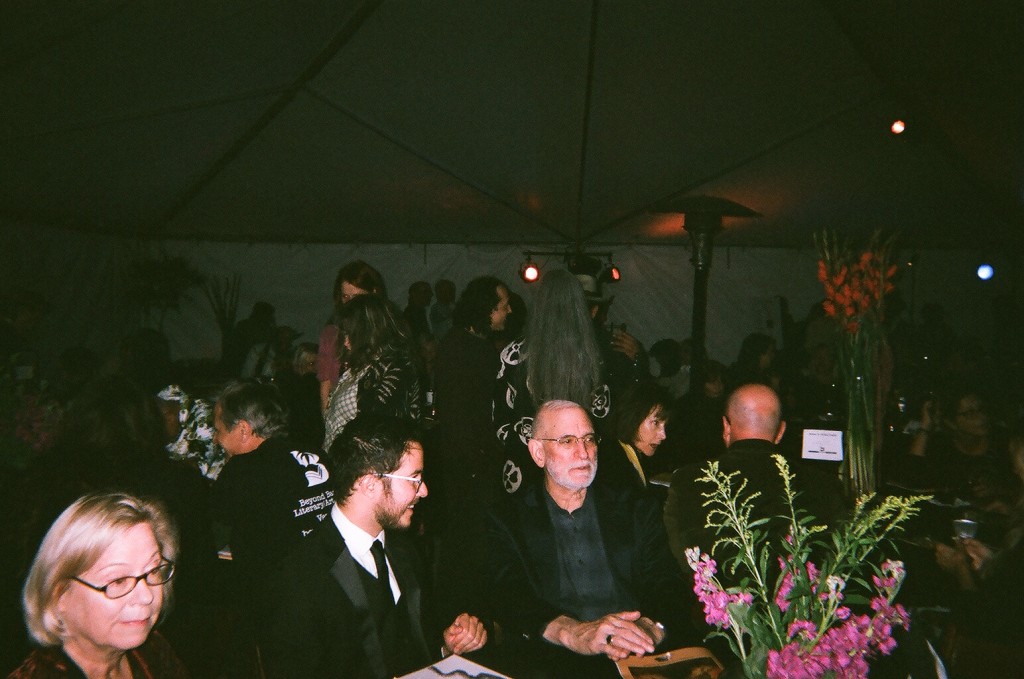
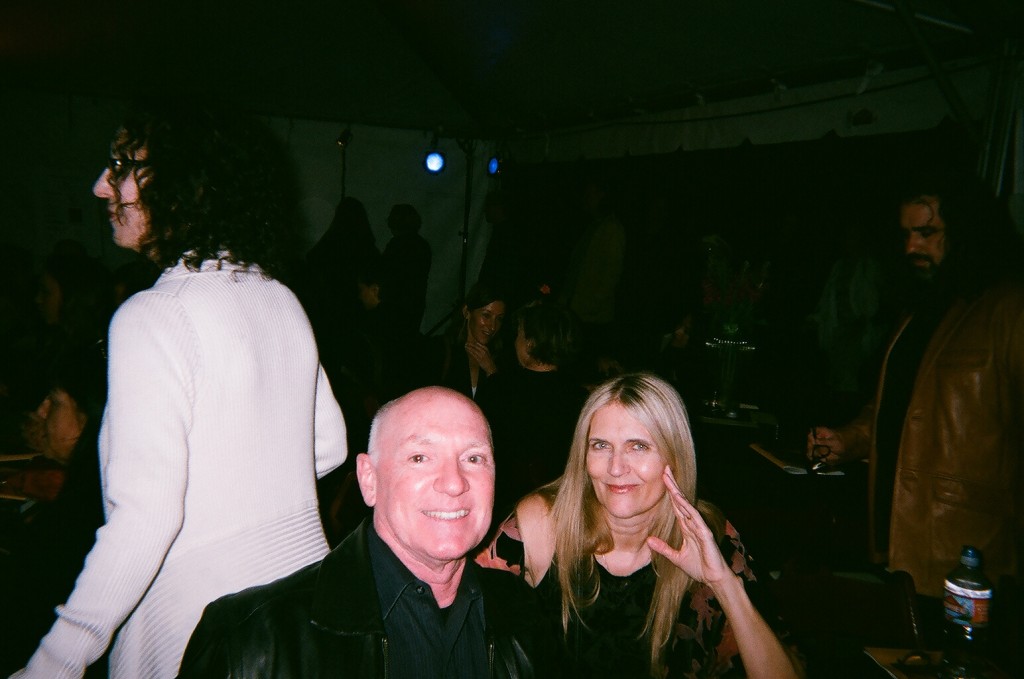
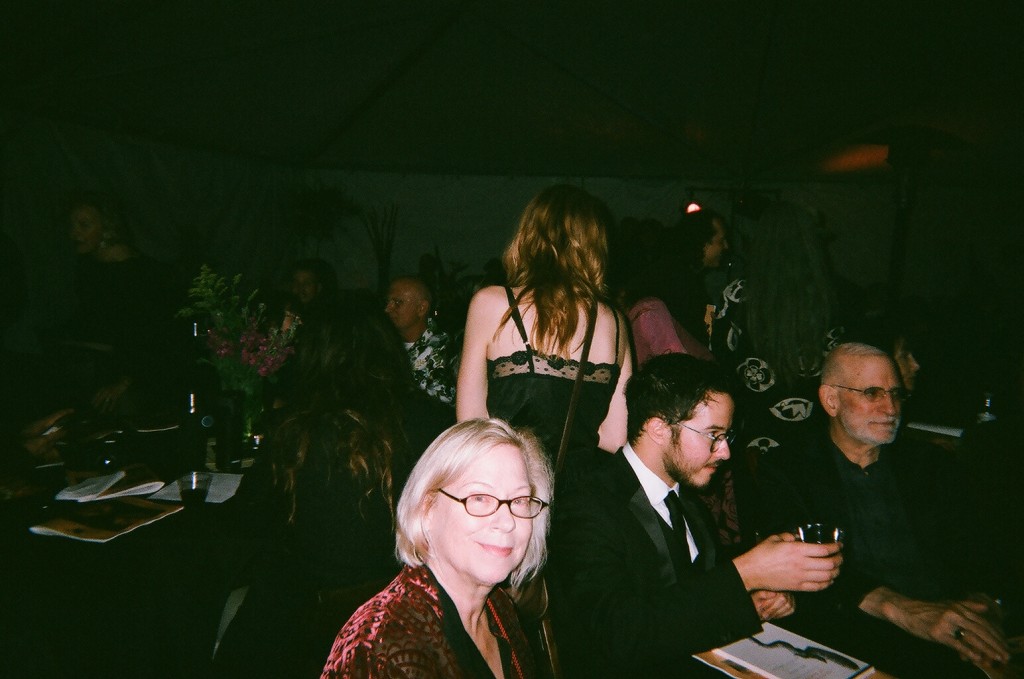
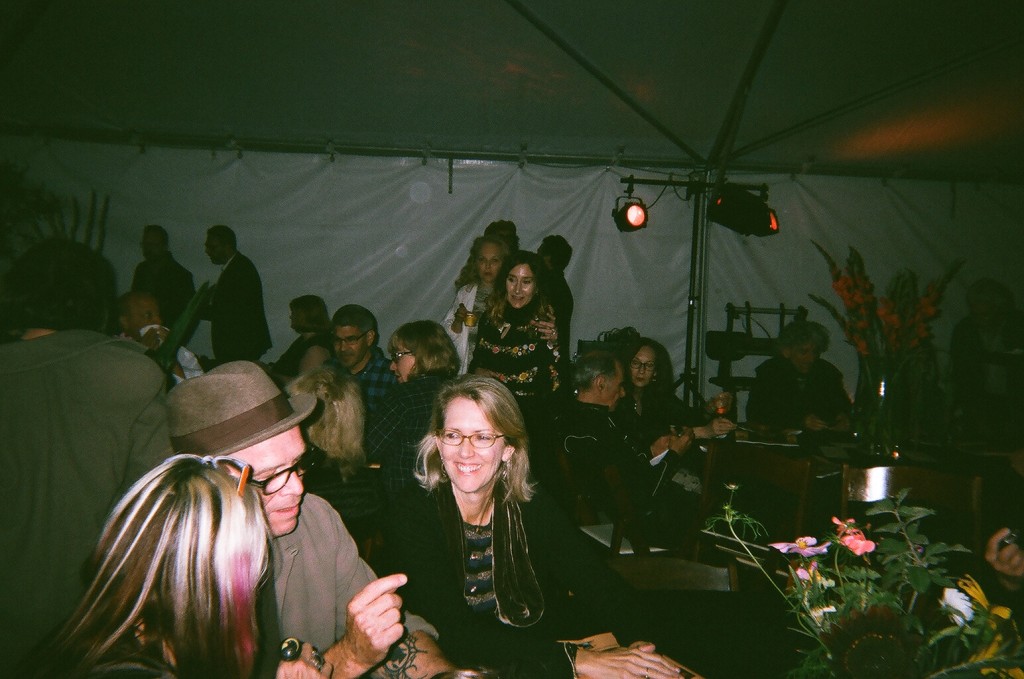
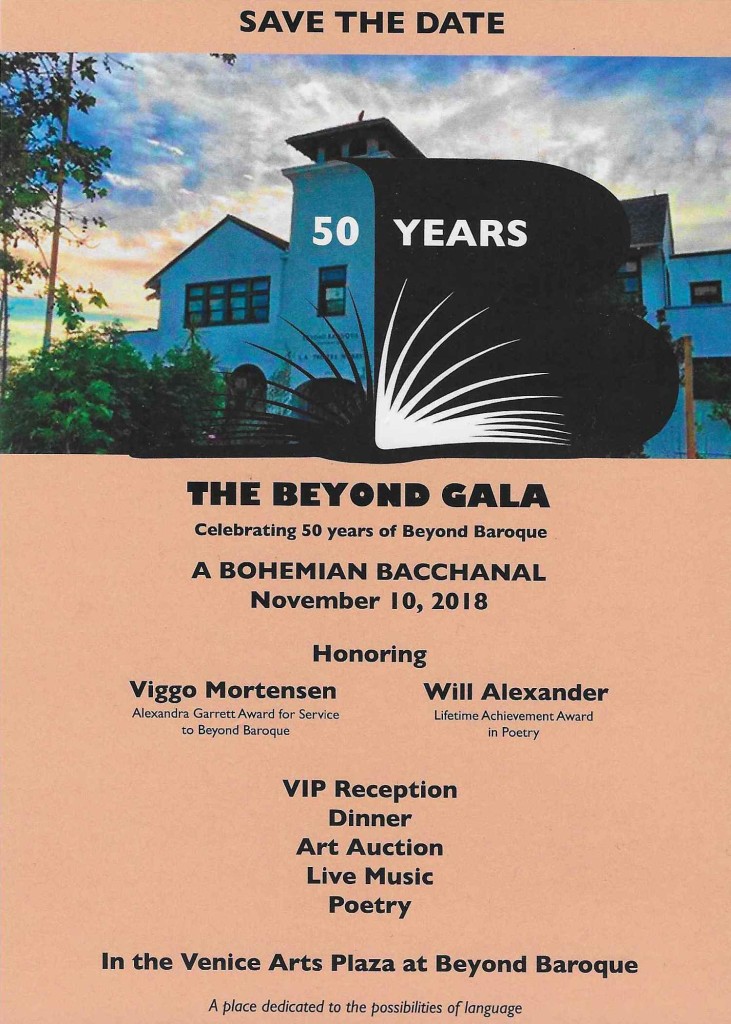
 About Bill Mohr
About Bill Mohr